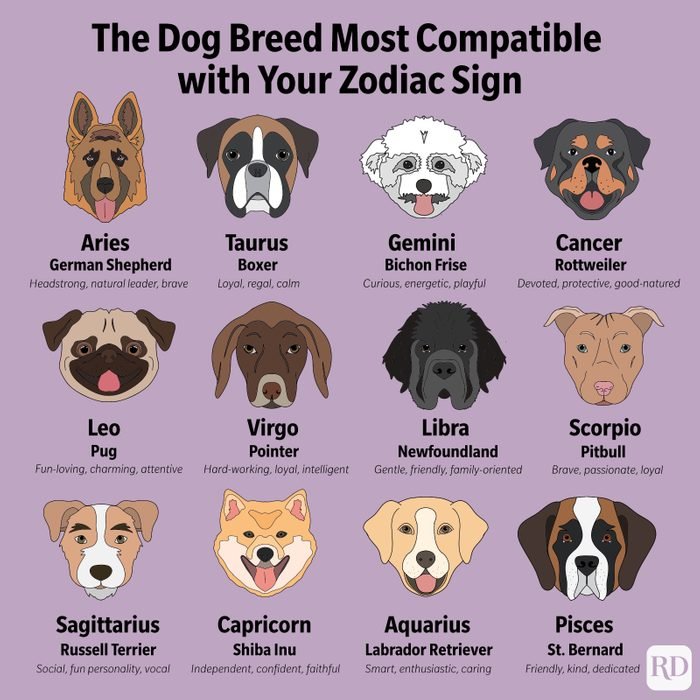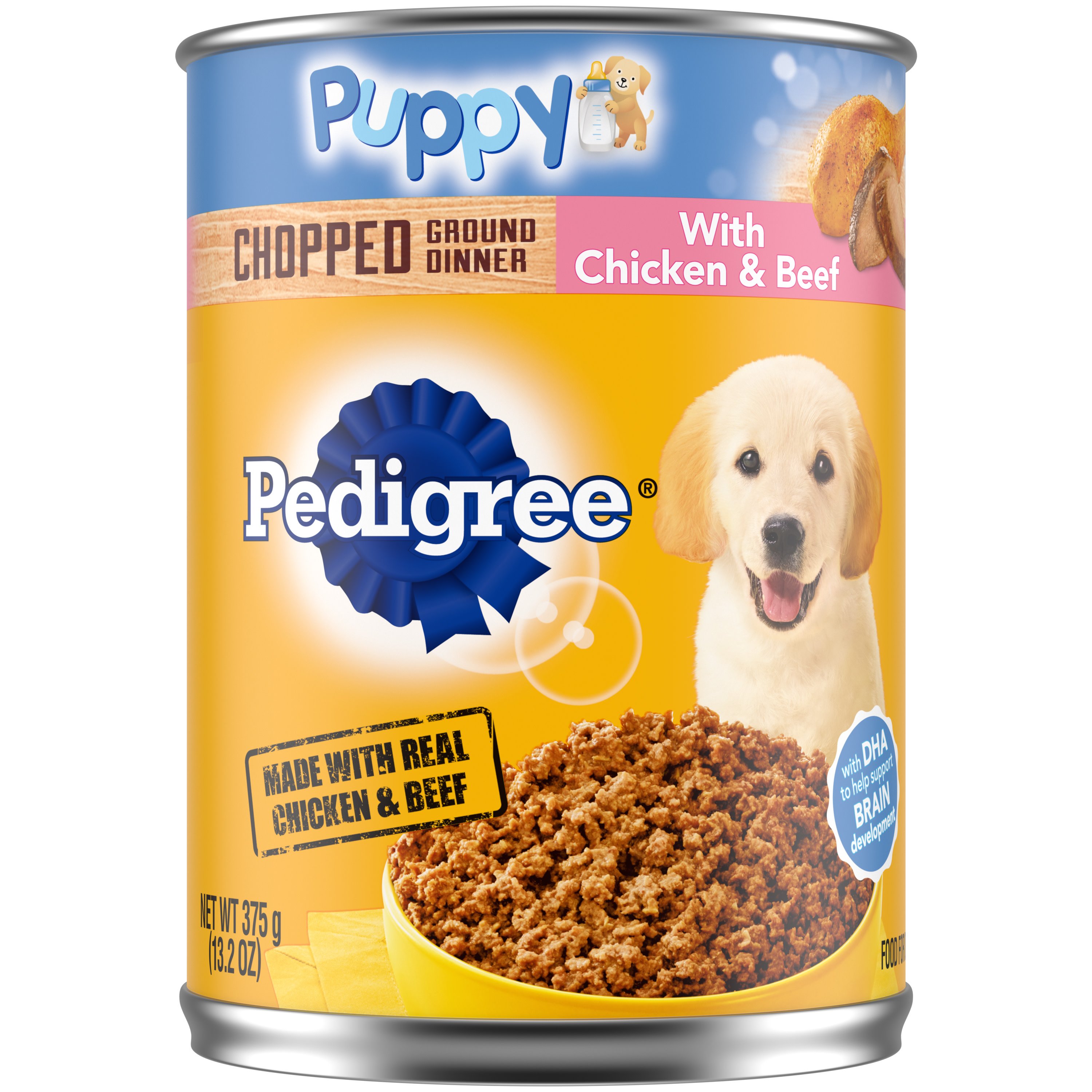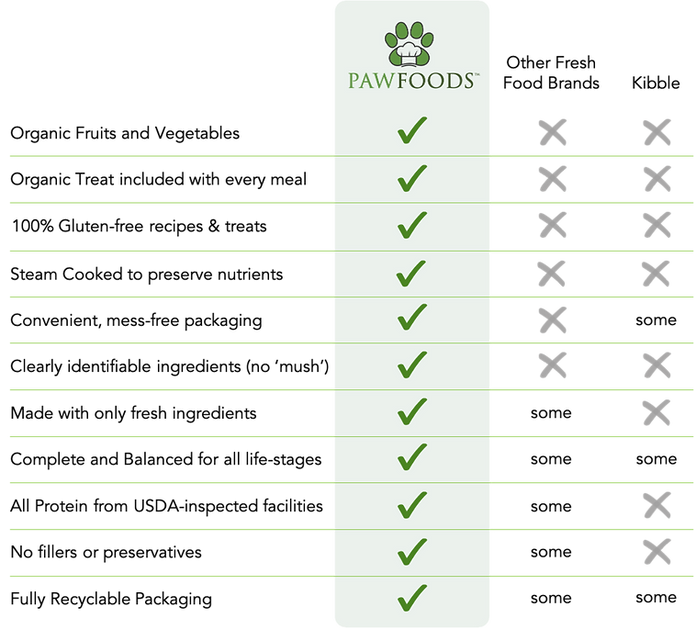
The American Kennel Club recognizes a variety of breeds as "herding", "hunting" and "hunting." These breeds were originally bred to protect livestock and hunt for food. These dogs are considered to be the most intelligent breeds of dog today. They make great watchdogs.
Doberman Pinscher
Recent research has shown that the Doberman Pinscher is the smartest dog in the world. These dogs are capable of responding to commands at least 50% of their time. This makes them extremely intelligent and great watchdogs. They are loyal, strong, and protective of the family.
Socialization increases a Doberman Pinschers instinctive intelligence. They need to learn how to tell the difference between friendly and malicious people. This requires socialization early on. Dobermans need to be socialized with other dogs and people.
As one of the smartest dog breeds, the Doberman Pinscher is an excellent choice for military service and police work. Doberman Pinschers' exceptional intelligence make them a great choice as home guards. According to Doberman Pinscher, it is among the smartest dog breeds. It ranks behind the Border Collie and Golden Retriever. Stanley Coren, canine psychologist, did the research.
Labrador Retriever

The Labrador Retriever, although you may not have realized it, is one of the most intelligent dog breeds. This intelligent dog breed can learn tricks and new behavior from its owners. It can even learn how to open doors and gate. It is able to distinguish between three types intelligence: instinctive, working and adaptive. Although Labradors can come in many colors, no research has proven which one is smarter.
According to the American Kennel Club and the Canadian Kennel Club, the Labrador Retriever is one of the top 10 smartest dog breeds. Labrador Retrievers need to be taught a command five times, and most of the time it obeys. This makes the Labrador Retriever a great choice for dog owners with busy schedules or new dogs. Labradors are also one of the most loyal dog breeds. This makes them ideal for families with young children.
Papillon
The Papillon is one of the smartest breeds of dogs and is also one of the smallest. Its roots date back to 14th century. They are affectionate and happy dogs. They are highly trained and agile which makes them great for agility trials. They are small at only 5 pounds but very active and alert. Papillons, despite their small size, are extremely strong and intelligent.
Papillons are intelligent dogs, but there are limitations that can make them more clumsy. First, Papillons have a soft area on their heads, which is usually closed like a baby’s. In rare cases, the spot may not close completely and a Papillon might die from an accidental blow.
Australian Cattle Dog
The Australian Cattle Dog is one of the smarter dog breeds around. Its intelligence has helped it to work efficiently and herd cattle. The breed is known for being very loyal to its master. This dog is sometimes called the "velcro" dog because it desires to have close physical contact with its owner at all times. Australian Cattle Dogs have a tendency to bite because of their background as herders. If this tendency is not controlled in puppyhood, it can be dangerous.

Australian Cattle Dogs are highly trainable dogs. They love socialization and obedience training. Although they are sometimes stubborn, they will respond well to positive reinforcement methods. These dogs make great canine athletes. They are excellent farm dogs, capable of property patrolling and herding livestock.
Poodle
The Poodle is the smartest dog breed. They are known for their emotional intelligence as well as their responsiveness to humans. Their long-standing experience of being around people is what explains this. This has taught them how to read and interpret human body language. Because of this, they make wonderful companions for families.
According to scientific studies, Poodles are among the smartest dog breeds. They can recall commands easily and have great recall. They are also known for their loyality and gentleness. Poodles are smarter than Border Collies, and are often ranked in the top 10.
FAQ
What is pet assurance?
Pet Insurance provides financial protection for pets when they are sick or injured. It also covers routine vet care such as vaccinations and spaying/neutering.
In addition, it pays for emergency treatment if your pet gets into an accident or becomes ill.
There are two types:
-
Catastrophic – This insurance pays for the medical costs of your cat in case of serious injury.
-
Non-catastrophic – This type covers routine costs for veterinary care, including vaccinations, microchips or spays/neuters.
Certain companies offer both catastrophic coverage and non-catastrophic. Others only offer one.
You will need to pay a monthly premium to cover these costs. The amount will vary depending on how much money you spend on pet care.
The cost of this insurance varies depending on what company you choose. Do your research before purchasing.
You may be eligible for discounts if more than one policy is purchased by the company.
Transferring an existing pet insurance policy with another company is possible.
If you choose not to purchase any pet insurance, you will need to make all payments yourself.
There are still many ways to save money. Ask your veterinarian about discounts.
He might discount you if you bring your pet to see him frequently.
Or, you can find a local animal shelter where you can adopt a pet instead of paying for one.
You must always read the fine print, regardless of what type of insurance policy you purchase.
This will show you the exact value of your coverage. If you don't understand something, contact the insurer immediately.
Are there three things you need to keep in mind before you buy a cat?
These are the questions to ask before you buy a cat.
-
Does the cat have any health issues?
-
Can the cat eat all of my food?
-
Do I want a cat to love cats or just a pet?
What's the best pet?
The best pet is the one you love. There is no right or wrong answer. Every person has his own opinion about which pet is the best.
Some people believe that cats can be more loving than dogs. Others feel that dogs can be more loyal and loving than cats. Still, others argue that birds are the best pet.
However, no matter what pet you choose to have, you need to decide which pet is best for you.
If you're friendly and outgoing then a dog is right for you. A cat or dog would be the best for you, if you are shy and reserved.
Also, take into account the size your house or apartment. If your apartment is small, you'll need to have a smaller pet. A larger house, on the other hand will require you to have more space.
Remember, pets need lots and lots of attention. They must be fed often. They should be taken on walks. They must be brushed regularly.
If you know all these things, you'll be able to pick the best pet for yourself.
What should I do if my dog bites someone?
If an animal attacks you, it is important to first make sure it isn't rabid. If that is impossible, call for help. Do not attempt to solve the problem yourself. You may get seriously injured.
If the animal is not aggressive but does bite, then take it to a veterinary clinic. Your vet will examine it, and then advise you if additional treatment is necessary.
Rabies shots are usually required in most cases. You should never administer them yourself. Only a qualified person should administer these.
What are the things I should consider before buying an exotic pet?
Before you purchase an exotic pet, you should think about these things. You must decide whether you plan to keep the animal or sell it. If you are keeping the animal as your pet, ensure that you have enough space. It is also important to estimate how much time it will take to care for the animal. It takes time to care for an animal, but it's worth it because they give great companionship.
If you are looking to sell your animal, you will need to find someone willing to buy it. Make sure the person buying your animal knows how to take care of it. You should not feed the animal too often. This could lead to health problems down the line.
You need to thoroughly research exotic pets before buying them. There are many websites that can give information about different species of pets. Be cautious not to fall for scams.
What kind of food should I feed my dog?
A healthy diet is essential for your dog.
There are many protein-rich foods, including chicken, beef (fish), eggs, and dairy.
Other foods that are high in carbohydrates include fruits, vegetables, bread, cereals, pasta, rice, potatoes, and beans.
A variety of foods that are low-fat include lean meats (poultry, fish), nuts, seeds, legumes, and whole grain.
Before you give your dog different foods, make sure to consult your veterinarian.
Statistics
- A 5% affiliation discount may apply to individuals who belong to select military, law enforcement, and service animal training organizations that have a relationship with Nationwide. (usnews.com)
- Pet insurance helps pay for your pet's medical care, with many policies covering up to 90 percent of your vet bills. (money.com)
- In fact, according to ASPCA, first-year expenses can sum up to nearly $2,000. (petplay.com)
- Reimbursement rates vary by insurer, but common rates range from 60% to 100% of your veterinary bill. (usnews.com)
- It is estimated that the average cost per year of owning a cat or dog is about $1,000. (sspca.org)
External Links
How To
The best method to teach your dog where he should urinate is through the use of a map.
It is important to teach your pet how the toilet works. You should also know how to train your pet if they go outside alone. Here are some tips that will help you teach your dog the correct way to go to the bathroom.
-
It's important to begin training as early as possible. Get started now to prevent accidents during playtime
-
Use food rewards. If you reward your pet after every successful trip, it will bring you better luck.
-
Keep treats out of the areas where your pooch pees. You might cause your pooch to associate urine smell with his favorite treat.
-
Before you let your dog out, ensure that there isn’t another animal nearby. Dogs who see others relieving themselves may think it's normal behavior.
-
Be patient. It may take your puppy a while to get the hang of things than an adult.
-
Before your dog can use the bathroom, let it sniff everything. It will make her learn quicker if she has the opportunity to smell the toilet before entering the bathroom.
-
Don't let your dog stand next to the toilet while you're taking care of business. This could cause confusion.
-
You can wipe the toilet and the surrounding area clean after you have finished. These areas will serve as reminders of what you need to do next.
-
Clean up any messes immediately. If your dog has an accident, clean it up quickly and thoroughly. The dog might attempt to vomit again if it isn't cleaned up quickly.